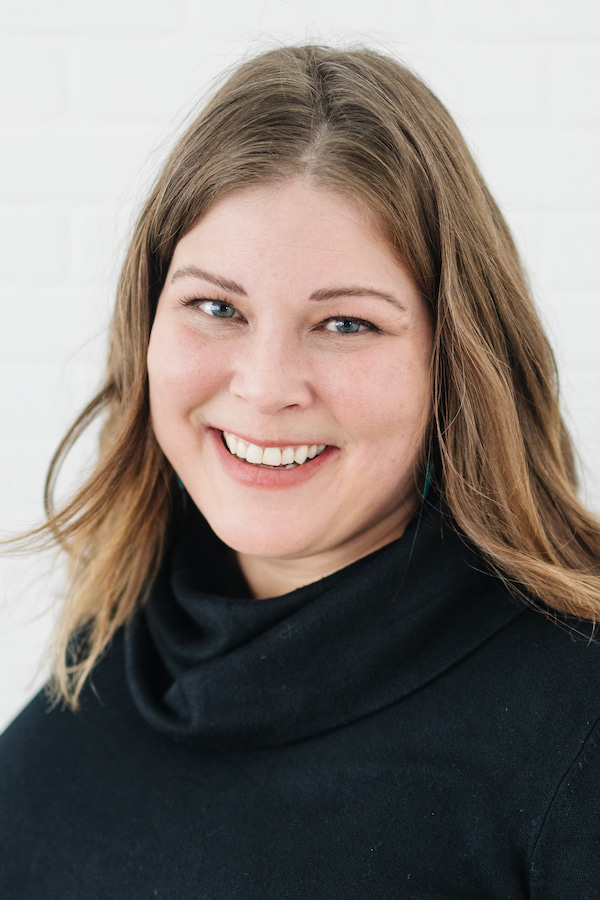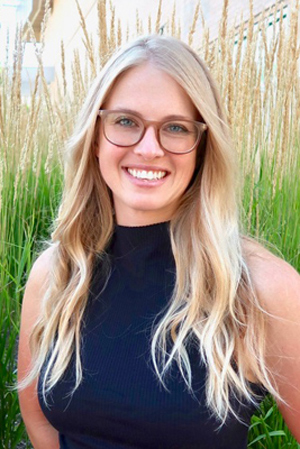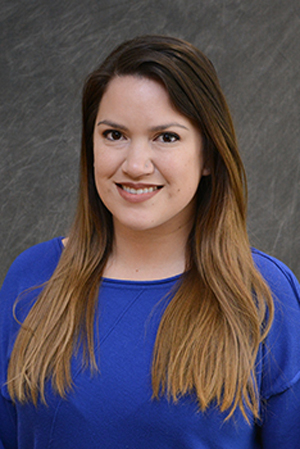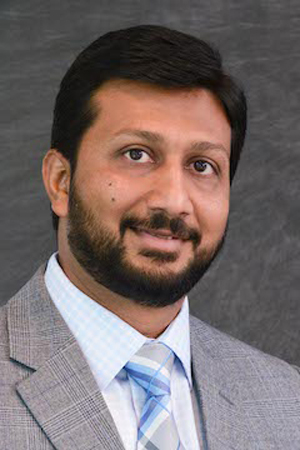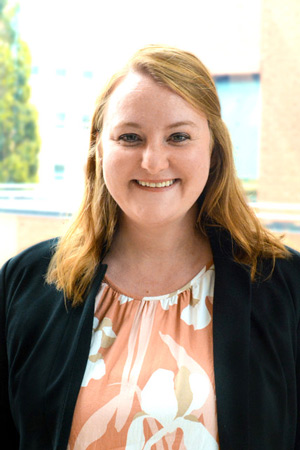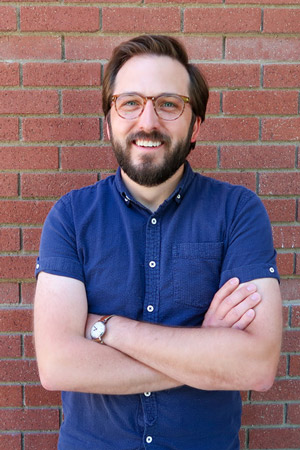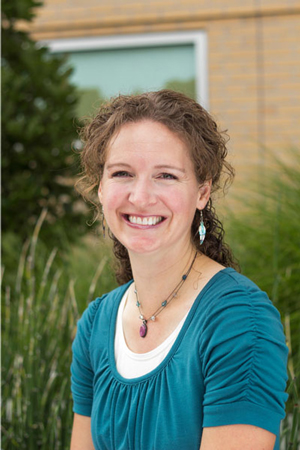
The doctoral (AuD) education program in audiology {residential} at Utah State University is accredited by the Council on Academic Accreditation in Audiology and Speech-Language Pathology of the American Speech-Language-Hearing Association, 2200 Research Boulevard, #310, Rockville, MD 20850, 800-498-2071 or 301-296-5700.
MS in Communication Sciences
This is a non-clinical degree that prepares students to enter the Disability Disciplines PhD program strand in Audiology or the interdisciplinary PhD program in Neuroscience at USU. View the program page.

Utah State University’s division of Audiology is an educational partner with the Ida Institute’s global Person-Centered Hearing Network. The Ida Institute is an independent, nonprofit organization working to build a global community that embraces person-centered hearing care. Our AuD graduate program, students, and faculty are all inspired by Ida.
Research in Audiology
Aural Rehabilitation Lab
Dr. Brittan Barker
The Aural Rehabilitation Laboratory is directed by Dr. Brittan Barker and housed in the Department of Communicative Studies and Deaf Education at Utah State University. Our multilayer research program works to describe, understand, and facilitate effective communication in people relying on listening and spoken language. To this end, we conduct experimental and qualitative research with people of all ages and with all levels of hearing.
Cognitive Hearing Science Lab
Dr. Naveen Nagaraj
Dr. Naveen Nagaraj's research in the Cognitive Hearing Science Lab is driven by basic questions about information processing in the human brain during listening in noise. Using behavioral and electrophysiological experiments we are trying to understand the dynamic interplay between cognition and speech perception in individuals who are deaf or hard of hearing and those with auditory processing deficits.
Hearing Impact Project Lab
Dr. Karen Muñoz and Dr. Michael Twohig
Research in the interdisciplinary Hearing Impact Project Lab investigates person centered care in audiology. Dr. Karen Muñoz in collaboration with psychology professor, Dr. Michael Twohig, focus on understanding challenges deaf and hard of hearing (DHH) individuals / parents of DHH children experience and counseling strategies audiologists can use to reduce the impact of barriers.
Hearing Health Laboratory
Dr. Aryn M. Kamerer
Dr. Aryn M. Kamerer and the Hearing Health Laboratory study why people complain of having hearing loss or difficulty hearing, especially conversations in noisy environments. We aim to understand pathologies and diseases of the auditory system and develop new clinical tools to diagnose these pathologies so that better treatment can be provided for people suffering from hearing loss.



